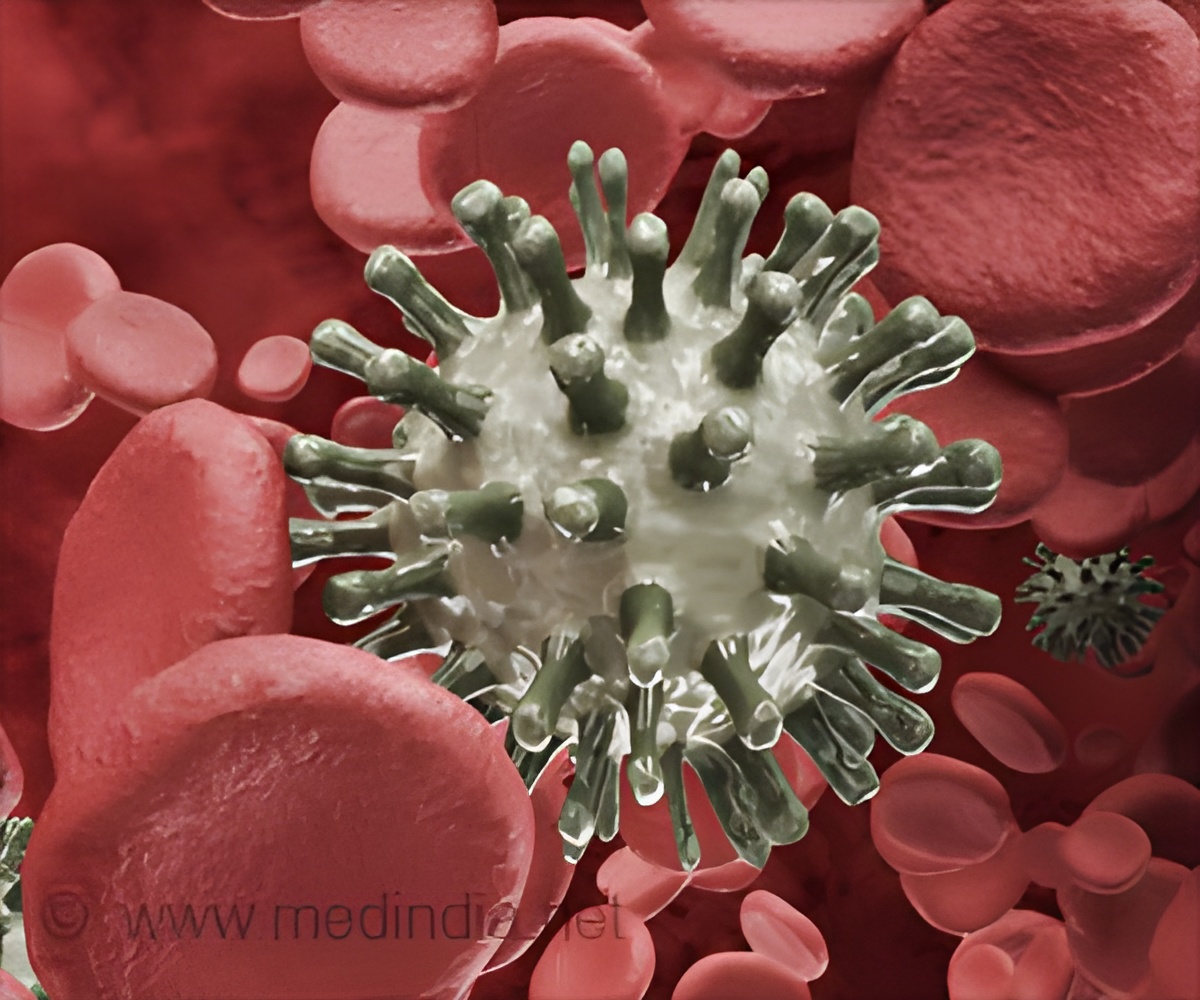
‘Ground-breaking TCGA genomic analysis of 33 different tumor types from more than 10,000 patients sets the stage for improved cancer classification and new treatment approaches.
’





"This comprehensive body of final TCGA Pan-cancer Atlas analyses will provide a new foundation for future cancer research efforts and clinical trials. It will also incentivize clinical oncologists to get newly diagnosed and recurrent tumors genomically characterized and encourage them to help their patients become enrolled in specialized precision medicine basket clinical trials evaluating promising new targeted therapies against molecularly similar tumors, despite different histologies and anatomic sites of origin," said Christopher Benz, MD, Professor of Cancer and Developmental Therapeutics at the Buck Institute for Research on Aging and a clinical oncologist at the University of California, San Francisco. "Patients will have the best shot at successful treatment if their tumors can first be classified according to their genomic and molecular makeup." Benz has been involved in the TCGA since its inception in 2005 and is a senior co-author on several of the papers being published in Cell. New data boosts the promise of immunotherapies
Benz says the new TCGA data hold particular promise for expanding treatments designed to enlist the immune system to beat cancer, including approved immunotherapies now showing extremely promising results against a limited number of classical cancer types. Remarkably, the study shows that one of the most diverse of the observed 28 molecular clusters was composed of 25 different classical tumor types and exhibited very strong features linked to activation of the patient's immune response. "This finding supports the growing notion that specific immunotherapies approved by the FDA for one cancer type would likely benefit patients with various other cancer types, if these other types could be molecularly identified," Benz said. "These latest Pan-Cancer Atlas results will likely be of great interest to pharmaceutical companies scrambling to develop new cancer therapies based on immune function or interested in re-purposing some of their already approved agents based on this new molecular classification."
Repurposing drugs used for other diseases
Drugs approved for other diseases could also be effective against some of the newly classified cancer types. "A couple of our newly defined cancer clusters also show activation of a molecular pathway (JAK/Stat) that's commonly upregulated in rheumatoid arthritis," said Christina Yau, PhD, a senior scientist in the Benz lab and new UCSF faculty member, who provided bioinformatics expertise for much of TCGA's work over the past decade. "This may provide the molecular rationale to explore repurposing of drugs used to treat that non-malignant chronic disease, as a novel treatment strategy."
Advertisement
"It's time to re-write the textbooks on cancer, and it's time to break down the silos in clinical oncology that make it difficult for patients to take advantage of this paradigm shift in cancer classification," said Benz. "This body of TCGA work is crucial for the success of our nation's "Cancer Moonshot" initiative, and all of us who have been involved in the TCGA are excited to make it available to the worldwide community of cancer researchers."
Advertisement
Source-Eurekalert














